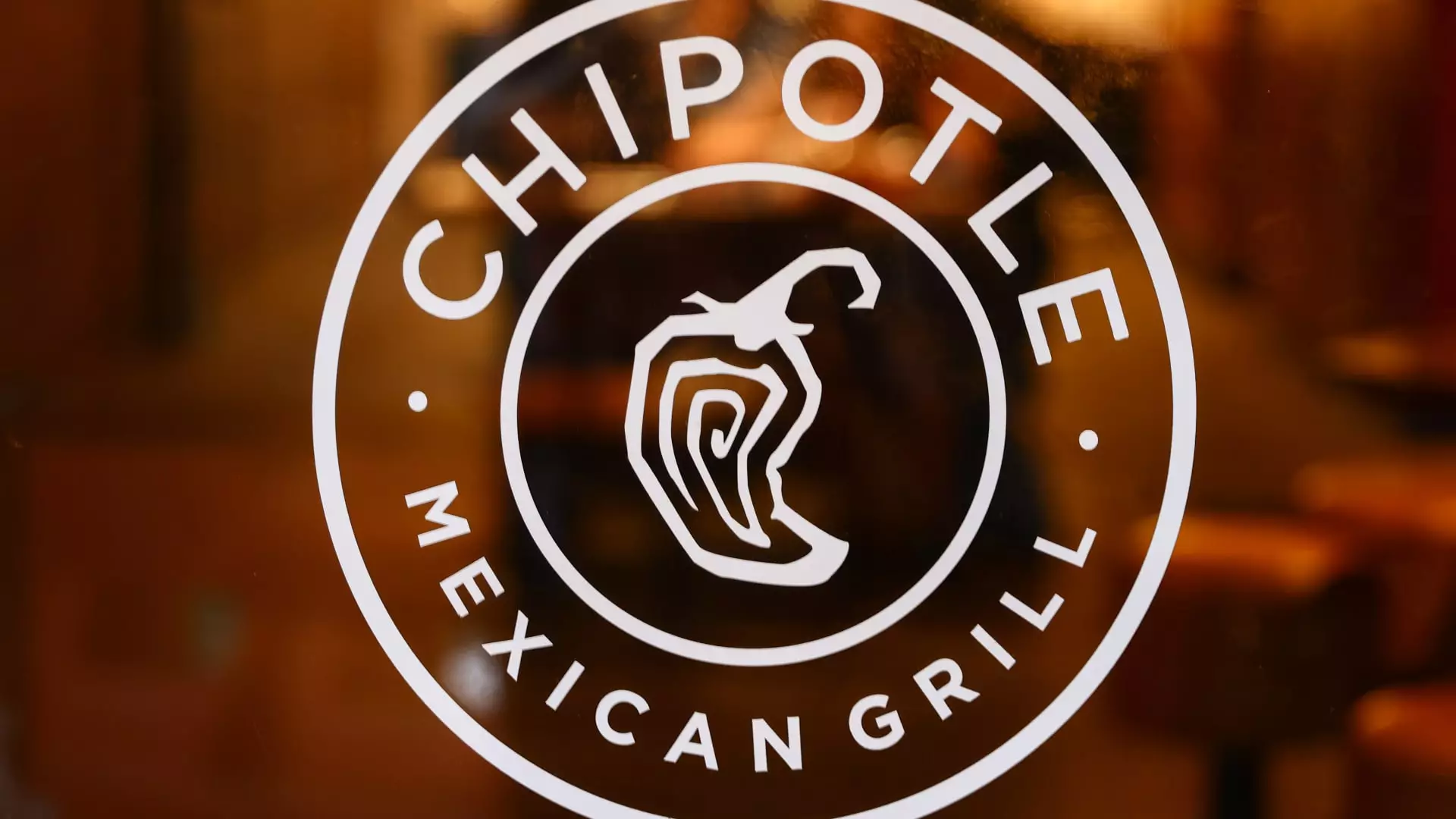Chipotle Mexican Grill is set to launch its first Mexican location in 2026, a decision that comes with layered implications amidst an ongoing trade war. The juxtaposition of its expansion against a backdrop of strained U.S.-Mexico relations raises eyebrows. While one can appreciate the audacity and ambition of Chipotle, it’s difficult not to view this move as an ironic twist; the company aims to introduce itself in a nation so rich in culinary heritage that it might just turn the tables on the so-called “Americanized” version of its food. Are U.S. brands, including Chipotle, like unwitting cultural ambassadors or outright colonizers?
Low-Hanging Fruit or Cultural Faux Pas?
The premise of Chipotle’s foray into its namesake nation harbors a motley of challenges. The company’s Mexican operations hinge on its ability to resonate with local tastes and preferences. Brands like Taco Bell have floundered in previous attempts, unable to appease the discerning palate of Mexican diners who carry generational knowledge of their native cuisine. Chipotle’s reliance on fresh ingredients is admirable, yet it can easily be perceived as overlooking the rich complexity of authentic Mexican flavors. Will their execution truly capture the spirit of the very culture it aims to celebrate? Or is it destined to be a watered-down version of itself?
Partnering with the Right Allies
Chipotle’s collaboration with Alsea, a company already entrenched in the Latin American market with major brands under its umbrella, seems strategically savvy. Alsea’s experience could provide invaluable insights into local tastes and preferences, potentially smoothing the entry process. However, is relying on a partner to navigate the cultural landscape the safest route? It raises a critical question: Will this dependence dilute Chipotle’s brand identity or enhance it? Multinational corporations often struggle to maintain authenticity when local customs clash with corporate strategies.
The Avocado Conundrum
A noteworthy element is the avocado. While Chipotle has diversified its sourcing, half of its avocados still originate from Mexico. A 25% tariff on these imports, a risk potentially lurking in the future, could put pressure on Chipotle’s pricing and quality. This scenario not only threatens the company’s bottom line but also puts it directly at odds with its mantra of serving fresh, quality ingredients. In a time when sustainability and ethical sourcing are consumer touchstones, how Chipotle handles this precarious situation will undoubtedly affect its stature in the market.
Fading Borders with Local Appeal
Ultimately, the company’s push into Mexico could serve as an emblem of a world where culinary borders are increasingly blurred. If Chipotle succeeds, it might encourage other brands to take the plunge into markets that culturally mirror their own. Conversely, failure may showcase the limitations of exporting “American” cuisine without a genuine understanding of local nuances. Chipotle is certainly bold, but will it wield its ambition wisely, or will it be yet another case study in cultural misfires in the fast-food space? Only time will tell, but the stakes have never been higher for a brand attempting to bridge culinary worlds.

Leave a Reply